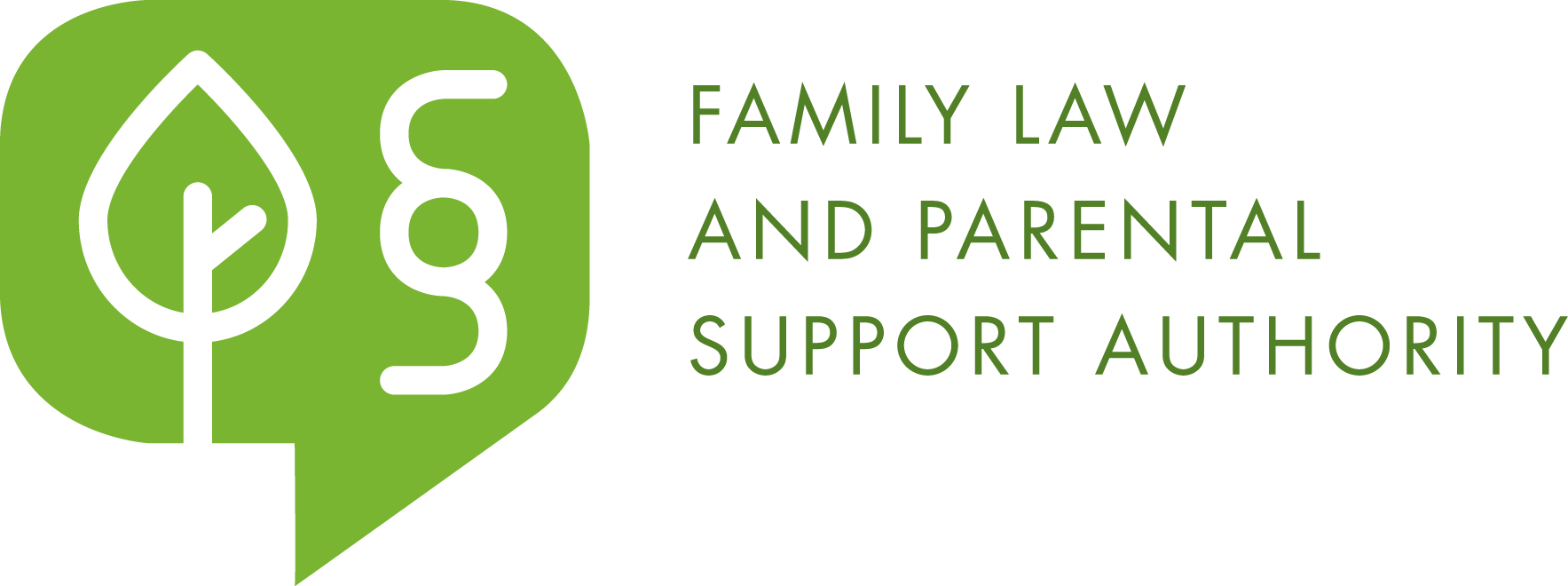Family Law and Parental Support Authority
In September 2015 the Swedish Intercountry Adoptions Authority (MIA) was given new responsibilities, and as of 1 January 2016 the new name of the authority is Family Law and Parental Support Authority (MFoF). The Authority still has the same responsibility for international adoptions as before and is an expert authority for parental support, family advice and questions relating to the family law matters handled by municipal social welfare committees. MFoF is a government authority under the Ministry of Health and Social Affairs. MFoF is also the Central Authority under the 1993 Hague Convention on Protection of Children and Co-operation in respect of Intercountry Adoption.
Intercountry adoptions
As primary tasks MFoF shall:
- authorize and supervise the non-government organizations.
- consider whether the adoption procedure is acceptable or not in certain individual cases such as family-related adoptions.
- observe the international development and research.
- observe the development of costs of adoption.
- negotiate with authorities and organizations in other countries.
The authorized adoption organizations
According to the Swedish Intercountry Adoption Intermediation Act only organizations authorized by MFoF may intermediate intercountry adoptions. The authorized organizations are accredited according to the 1993 Hague Convention.
Authorization is given in two stages:
In the first step MFoF assesses whether the organization has the capacity to act as an intermediary of intercountry adoptions. The conditions are:
- The main purpose of the organization shall be to intermediate intercountry adoptions.
- The intermediation shall be conducted in an expert and judicious manner, on a non-profit basis and with the best interest of the child as the foremost guiding principle.
In the second step we assess the organization´s prospect of starting or continuing adoption work in another country. Authorization in the second stage may be granted on condition that:
- the country has adoption legislation or other reliable regulation of adoption.
- the country has a functional administration concerning adoption operation.
- the organization reports the costs in the country and how they are distributed.
If the organization conducts operations other than intercountry adoption intermediation the other operation may not jeopardize confidence in the adoption operation.
The Swedish adoption process
According to the Social Services Act families who wish to adopt a child shall apply for consent from the local social welfare committee. A social worker carries out an investigation of conditions in the prospective adoptive family. The investigation is presented in a home study report and the committee grants consent if the family is found suited for adoption. Before the committee can make a decision the family must attend a parental course.
Once the process of adoption has been completed the child acquires the same status as if it had been born in the family. Swedish law does not allow the cancellation of an adoption. A child under the age of twelve, adopted by Swedish citizens, automatically becomes a Swedish citizen.
After the adoption
Adoptive families are entitled to the same social benefits as other families. An example is the parental insurance which allows the parents to leave of absence from work together with financial compensation in connection with the arrival of the child. Another example is the family allowance for families with children up to the age of 16 years. All children has the right to free public education up to university level.
The local social welfare committee shall satisfy any special need for support and assistance that might exist after an adoption case or matter has been determined.
Adoptees have come together in organizations to share experiences of being adopted and the cultural heritage of their countries of origin. Many adoptees have travelled back to their countries of origin and some of them have searched for their biological families. MFoF and the authorized organizations give guidance to adoptees who wish to search for their biological family. The authorized organizations also arrange tours to countries of origin.


